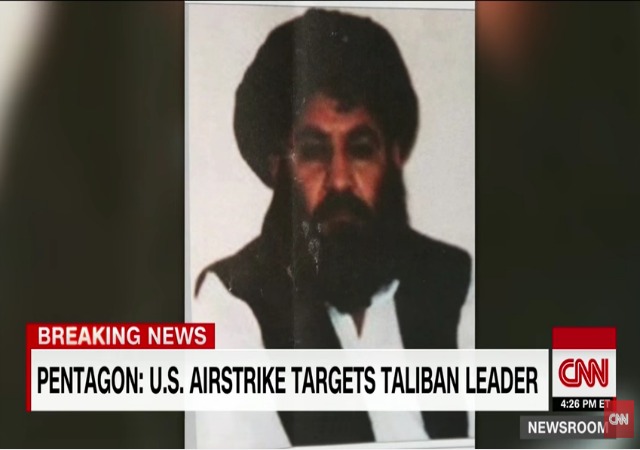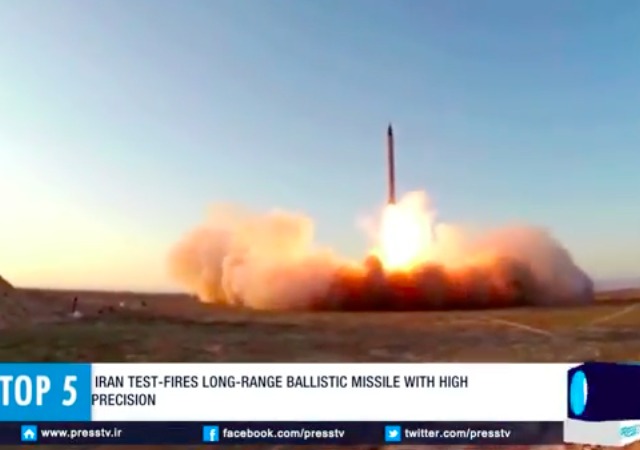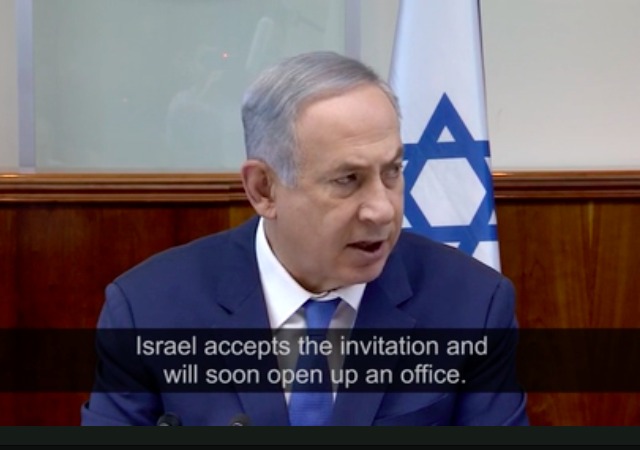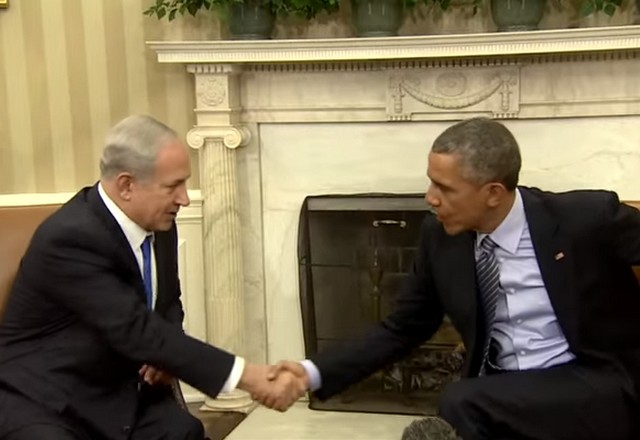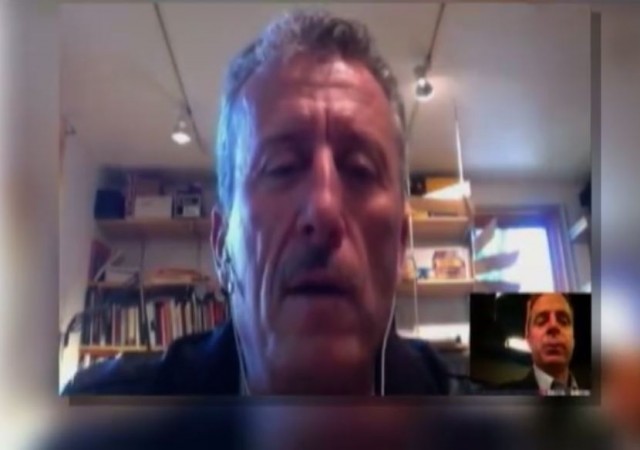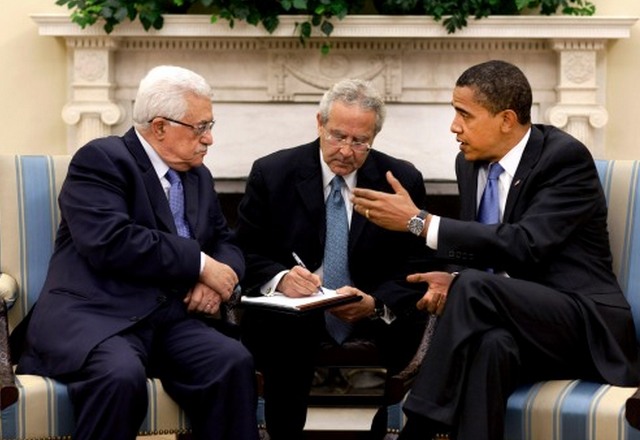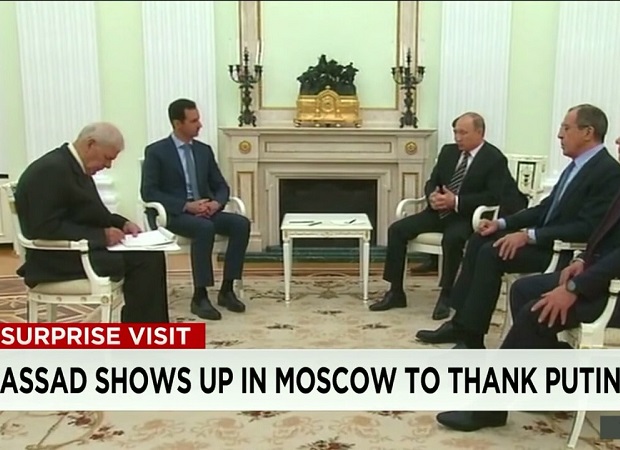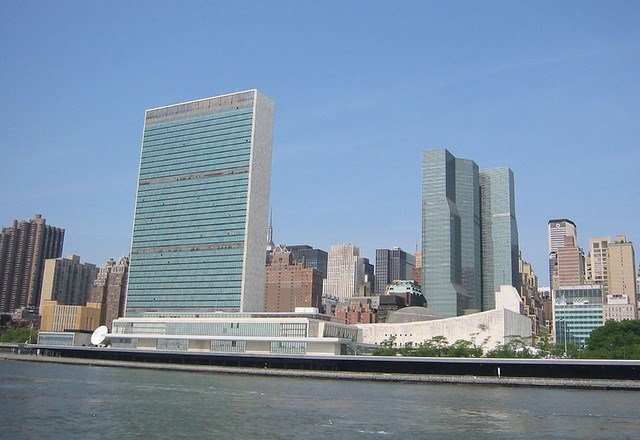Taliban Leader Killed by U.S. Drone in Pakistan
on May 22, 2016
3 Comments
The Afghanistan government confirmed a U.S. drone killed Taliban leader Mullah Mansoor in Pakistan.
The U.S. Department of Defense said the government targeted the leader "while travelling in convoy near the town of Ahmad Wal." From The Guardian:
The US secretary of state, John Kerry, speaking in Myanmar on Sunday, said Mansoor “posed a continuing imminent threat to US personnel in Afghanistan, Afghan civilians, Afghan security forces” and members of the US and Nato coalition. He said the air strike on Mansoor sent “a clear message to the world that we will continue to stand with our Afghan partners”. “Peace is what we want. Mansoor was a threat to that effort,” Kerry said. “He also was directly opposed to peace negotiations and to the reconciliation process. It is time for Afghans to stop fighting and to start building a real future together.”

